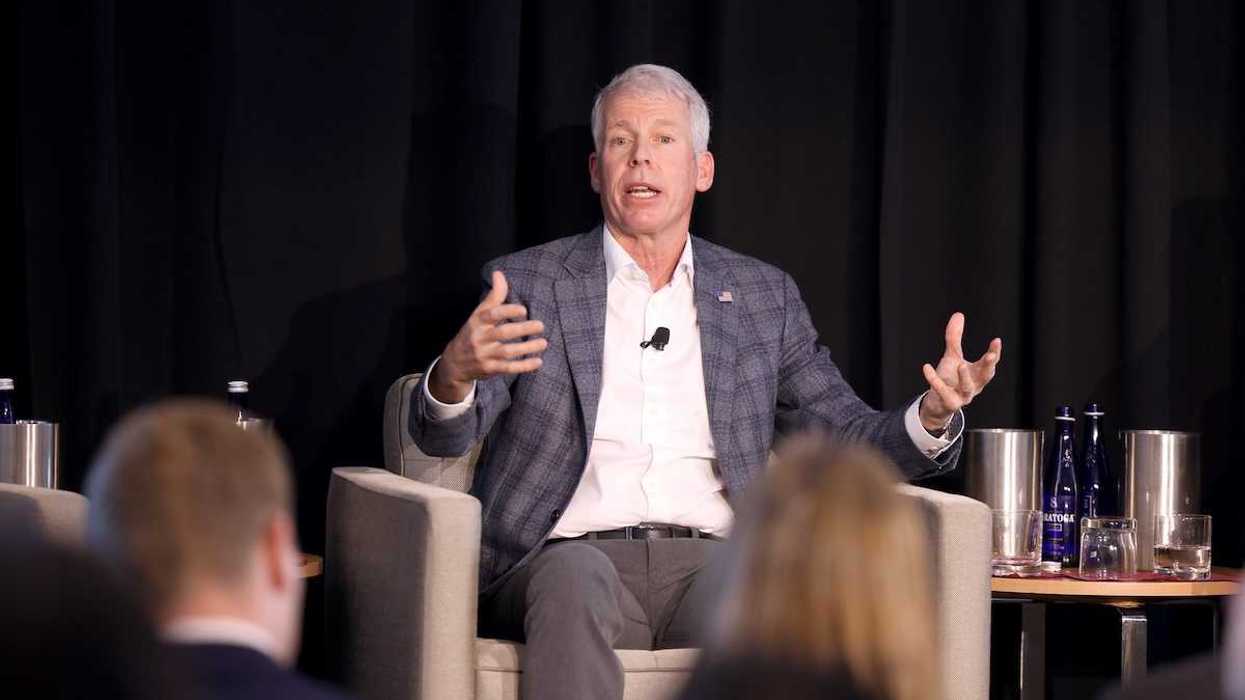The journal Environmental Health Perspectives will stop accepting new scientific submissions due to budget cuts at the National Institutes of Health (NIH) that threaten the journal’s operations.
Teddy Rosenbluth and Apoorva Mandavilli report for The New York Times.
In short:
- Environmental Health Perspectives, a premier open-access journal funded by the NIH, has halted new submissions because of uncertainty over continued funding for essential editorial operations.
- The move comes amid a broader wave of scrutiny and pressure on scientific journals from the Trump administration, including letters sent by federal prosecutors to journals questioning potential editorial bias.
- Two other federally supported journals — Emerging Infectious Diseases and Preventing Chronic Disease, both under the Centers for Disease Control and Prevention — are also at risk of being cut under a draft HHS budget.
Key quote:
“If the journal is indeed lost, it is a huge loss. It’s reducing the ability for people to have good information that can be used to make good decisions.”
— Jonathan Levy, chair of the department of environmental health at Boston University
Why this matters:
When government-funded scientific journals like Environmental Health Perspectives shut their doors, access to peer-reviewed research becomes more expensive and more exclusive. Open-access journal models remove barriers for both scientists and the public — helping small institutions and low-income communities benefit from the latest findings on toxins, pollutants, and public health. In recent years, many of these journals have also served as watchdogs, flagging environmental risks tied to chemicals like PFAS and endocrine disruptors.
At the same time, the Trump administration’s moves to target journal editors for perceived bias, coupled with budget cuts, raise concerns about politicization of science. When editorial freedom is curtailed and funding slashed, the public loses critical insight into the connections between health, pollution, and disease — knowledge that informs regulation, healthcare, and environmental justice.
Related: Governor of Massachusetts warns against brain drain due to GOP science funding cuts














